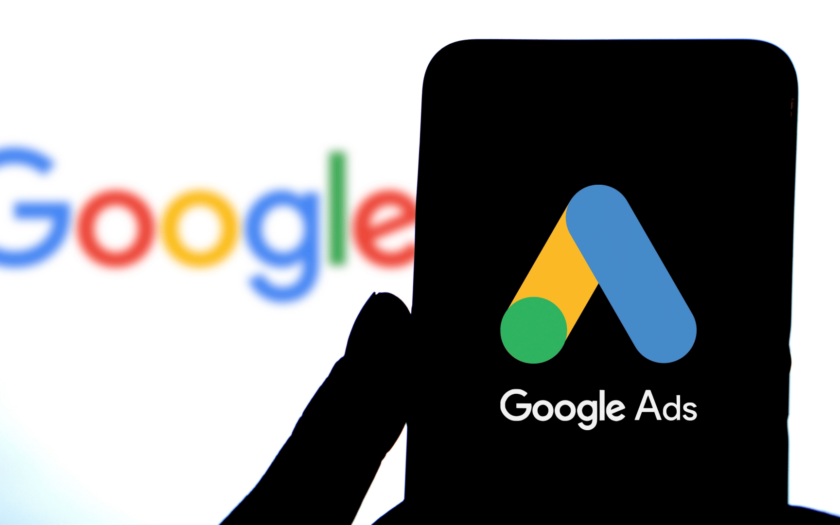[ad_1]
For two years, my team ran 54 Google Ads experiments in one lead gen (non-ecommerce) account, testing various features, including:
This article delves into those tests, explaining the rationale behind them, the outcomes achieved and the implications for your own Google Ads accounts.
TL;DR
We ran 54 experiments over two years covering a range of features for a lead generation business.
Key tests covered bid strategies, match types and ad copy.
Exact match keywords almost always perform better than phrase match keywords.
Maximize conversion strategy tended to underperform other bid strategies.
Target CPA bidding helped us hone in on an optimal CPA level for us.
What are Google Ads experiments?
Google Ads experiments allow advertisers to test changes within their campaigns before fully implementing them.
These experiments, conducted at the campaign level, provide a structured framework to easily set up these changes, test for significance and apply the changes to the whole campaign if they are effective.
For more detailed information, the official Google Ads support pages offer additional guidance.
Experiment setup overview
Across two years, we conducted 54 experiments, testing a variety of levers in Google Ads. Below are a few examples of the experiments.
Key test categories
Bidding: Testing different bidding methods against each other. For example, maximize conversions vs. target CPA or target CPA of $90 vs. target CPA of $120.
Ad copy: Pinning certain ad copies down, testing certain copies or new landing pages.
Keyword match: Testing exact match keywords vs. phrase match.
Timings
There was no set time for each experiment, but we tried to run each experiment for at least 30 days.
However, sometimes when the results were clear in less time, we made a decision. Many of the experiments ran for over three months, and most ran for over two months.
Evaluation
We evaluated all experiments based on conversion rate, conversion volume and cost per acquisition – balancing these metrics to make a decision. (For ad copy tests, we also used CTR.)
Experiment results
1. Exact match vs. phrase match
Exact match keywords performed better on all criteria when compared to phrase match. They had lower CPAs and higher conversion rates and maintained similar conversion volumes to phrase match keywords.
Insights
Although exact match keywords were more expensive, they still almost always had higher conversion rates and lower CPA than phrase match keywords.
While certain phrase match keywords can be useful, when taken as a grouped campaign, it was always better for us to run exact match keywords only.
Phrase match has a place and can be useful for search term discovery and in new campaigns, but if there is enough volume for exact keywords, the latter should always be preferred.
Exact match keywords often perform better than phrase match keywords because Google hides many search terms on phrase match keywords.
In many cases, we found up to 80% of search term impressions and clicks are hidden when compared to keyword impressions and clicks.
You can see this on the search terms report. The percentage hidden on exact match is far lower because the search term possibilities are far lower.
With phrase, you don’t actually know many of the keywords you have bid on and are unable to negative out many search terms, which further lowers the quality of these keywords.
2. Maximize conversion bidding vs. other bidding strategies
In all of the experiments where we ran maximize conversions against a target CPA strategy, the target CPA strategy always outperformed, driving more leads at the same cost.
When we ran maximize conversions against manual bidding, maximize conversions performed better.
Insights
If you are using manual bidding and you have enough conversion data, then you should move to automated bidding. Either target CPA or maximize conversions would be a good option.
If you don’t have a lot of conversion data, you should wait or test maximize conversion bidding. In general, we found that compared to tCPA, maximize conversion bidding drove bids too high to be effective. It allowed Google to set bids too high, sometimes excessively so.
Google’s advice here was that the bids would stabilize over time. However, we ran these tests often for three months and did not see bids come down.
It’s likely most advertisers, like us, would not be able to sustain such high bids for this long.
3. Target CPA vs. target CPA at different levels
Essentially, we tested tCPA at different levels (e.g., tCPA 90 vs. 120). Approximately half of our target CPA experiments failed and half succeeded.
Insights
The results showed that a target CPA of around 120 produced the best outcomes.
Tests with target CPAs lower than 120, such as 110, did not improve performance.
The 120 target CPA consistently delivered higher conversions at a better cost per conversion.
For our account, which is heavily lead-based, tCPA tends to be the best model.
We found the optimal target CPA that maximizes leads within our budget. Your goal with experiments should be to find your own optimal target CPA, which may vary.
Next steps
While our results provide valuable insights, remember that every PPC account and campaign is unique.
Testing these strategies in your specific context will help confirm whether our outcomes apply to your situation.
Our experiments can serve as a starting point for optimizing your lead gen campaigns. By leveraging our findings, you can save time and effort in your own testing process.
Validate our results with your own data, and if the outcomes align, confidently implement those changes in your account for improved performance.
Contributing authors are invited to create content for Search Engine Land and are chosen for their expertise and contribution to the search community. Our contributors work under the oversight of the editorial staff and contributions are checked for quality and relevance to our readers. The opinions they express are their own.
[ad_2]
